"North Korean nuclear declaration must be credible"
A U.S. envoy says that North Korea must make credible declarations about all its nuclear programs.
Thursday, 06.12.2007.
12:12

A U.S. envoy says that North Korea must make credible declarations about all its nuclear programs. Christopher Hill made the comments today as doubts emerged over whether a year-end deadline would be met. "North Korean nuclear declaration must be credible" Speaking ahead of talks with Chinese and Russian officials to brief them on his visit this week to North Korea to observe the dismantling of the Yongbyon nuclear facility, Hill told reporters that Pyongyang's declaration was crucial. "We want to make sure that when they transfer (issue) even a first draft, that it is credible," Hill told journalists. "We need them to step up and show some trust in us and trust in the process." Following the testing of its first nuclear device in October 2006, North Korea agreed to a six-nation accord in February to disable all its atomic programs in return for energy aid and diplomatic and security concessions. As part of that agreement, North Korea agreed to disable its main nuclear facility at Yongbyon and declare all its atomic programs before the end of the year. North Korea would then eventually completely and irreversibly scrap its nuclear programs. Hill said on Wednesday night that he still hoped that the end-of-year deadline for a declaration could be met, but South Korean Foreign Minister Song Min-Soon appeared more downbeat. "Currently the nuclear issue is at a crossroads where it may proceed towards a stable phase or to a rough road," Song said in Seoul on Thursday after Hill had briefed his South Korean counterpart. "As to the declaration part, progress is not yet being made. We are aiming at the end of the year as a target date but if we miss it, we will be flexible in readjusting it and doing it in a realistic way." In what could prove to be a hurdle in the declaration, Hill specifically referred to North Korea's alleged secret uranium enrichment program. While North Korea has openly admitted to producing plutonium at the Yongbyon facility, the United States has for many years asserted that there may also be a secret uranium enrichment program. Both plutonium and highly enriched uranium can be used to make nuclear bombs. The United States has asserted that North Korea purchased materials and equipment that could be used to build gas centrifuges needed to enrich weapons grade uranium. Hill made it clear that the whereabouts of such materials and equipment must be revealed in order for Washington to move towards establishing diplomatic relations with the regime as agreed to in the February accord. "We have had a lot of discussion with them about uranium enrichment. It is a very delicate... discussion," Hill said. "Being clear about what has happened in the past is the means for us to build a future relationship." U.S. accusations in 2002 that North Korea was running a secret highly enriched uranium program led to the derailment of a 1994 pact between the two nations that had frozen Yongbyon. The six-nation talks, involving the two Koreas, the United States, China, Japan and Russia, began in 2003 in an effort to strike a deal that would see the North completely abandon its nuclear ambitions. Hill met with his Chinese counterpart Wu Dawei on Thursday to discuss the date for the next round of six-party talks, a Chinese foreign ministry spokesman said. Asked when that next round might be held, spokesman Qin Gang declined to offer a date. Following talks in Beijing, which will include discussions with the Russian ambassador, Hill said he would meet his Japanese counterpart to the talks in Tokyo on Friday before returning to Washington.
"North Korean nuclear declaration must be credible"
Speaking ahead of talks with Chinese and Russian officials to brief them on his visit this week to North Korea to observe the dismantling of the Yongbyon nuclear facility, Hill told reporters that Pyongyang's declaration was crucial."We want to make sure that when they transfer (issue) even a first draft, that it is credible," Hill told journalists.
"We need them to step up and show some trust in us and trust in the process."
Following the testing of its first nuclear device in October 2006, North Korea agreed to a six-nation accord in February to disable all its atomic programs in return for energy aid and diplomatic and security concessions.
As part of that agreement, North Korea agreed to disable its main nuclear facility at Yongbyon and declare all its atomic programs before the end of the year.
North Korea would then eventually completely and irreversibly scrap its nuclear programs.
Hill said on Wednesday night that he still hoped that the end-of-year deadline for a declaration could be met, but South Korean Foreign Minister Song Min-Soon appeared more downbeat.
"Currently the nuclear issue is at a crossroads where it may proceed towards a stable phase or to a rough road," Song said in Seoul on Thursday after Hill had briefed his South Korean counterpart.
"As to the declaration part, progress is not yet being made. We are aiming at the end of the year as a target date but if we miss it, we will be flexible in readjusting it and doing it in a realistic way."
In what could prove to be a hurdle in the declaration, Hill specifically referred to North Korea's alleged secret uranium enrichment program.
While North Korea has openly admitted to producing plutonium at the Yongbyon facility, the United States has for many years asserted that there may also be a secret uranium enrichment program.
Both plutonium and highly enriched uranium can be used to make nuclear bombs.
The United States has asserted that North Korea purchased materials and equipment that could be used to build gas centrifuges needed to enrich weapons grade uranium.
Hill made it clear that the whereabouts of such materials and equipment must be revealed in order for Washington to move towards establishing diplomatic relations with the regime as agreed to in the February accord.
"We have had a lot of discussion with them about uranium enrichment. It is a very delicate... discussion," Hill said.
"Being clear about what has happened in the past is the means for us to build a future relationship."
U.S. accusations in 2002 that North Korea was running a secret highly enriched uranium program led to the derailment of a 1994 pact between the two nations that had frozen Yongbyon.
The six-nation talks, involving the two Koreas, the United States, China, Japan and Russia, began in 2003 in an effort to strike a deal that would see the North completely abandon its nuclear ambitions.
Hill met with his Chinese counterpart Wu Dawei on Thursday to discuss the date for the next round of six-party talks, a Chinese foreign ministry spokesman said.
Asked when that next round might be held, spokesman Qin Gang declined to offer a date.
Following talks in Beijing, which will include discussions with the Russian ambassador, Hill said he would meet his Japanese counterpart to the talks in Tokyo on Friday before returning to Washington.





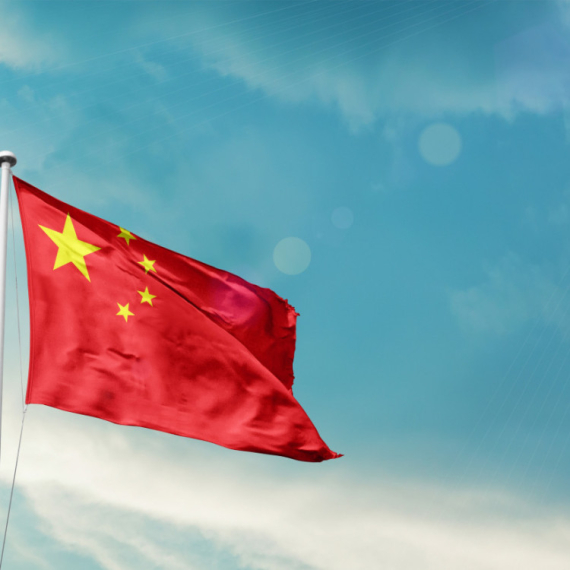






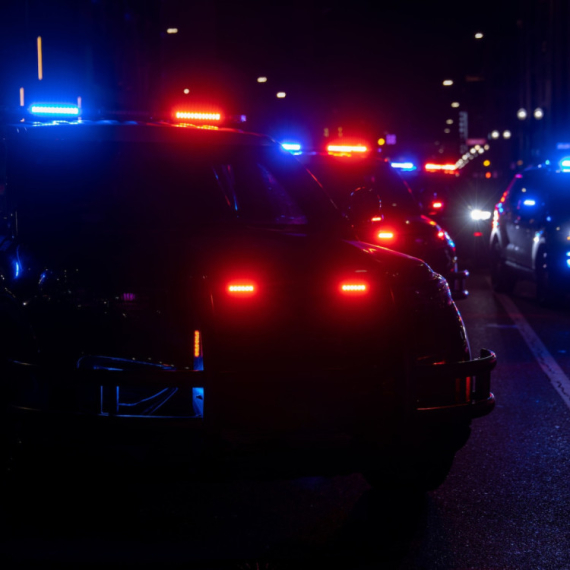
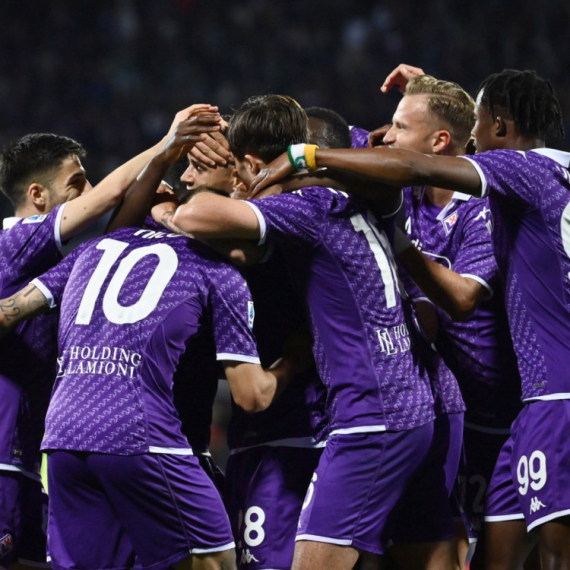
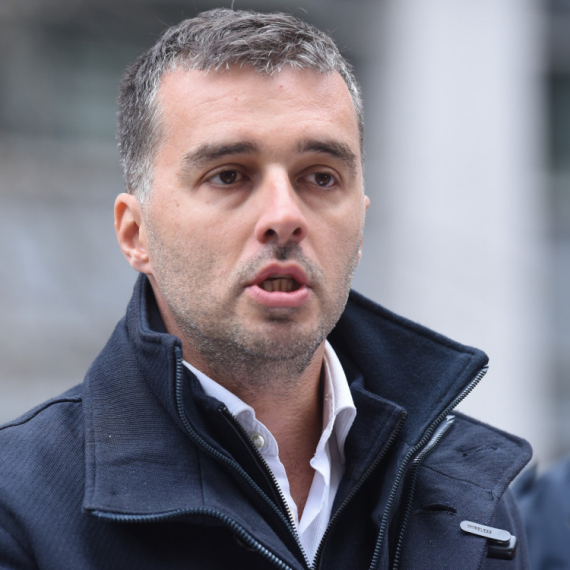
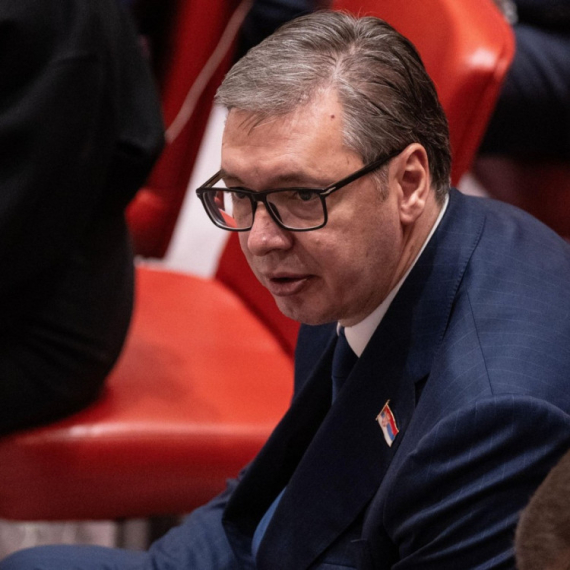
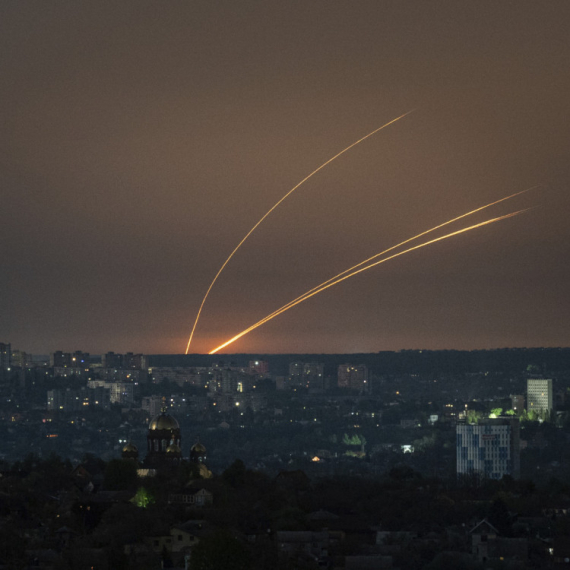

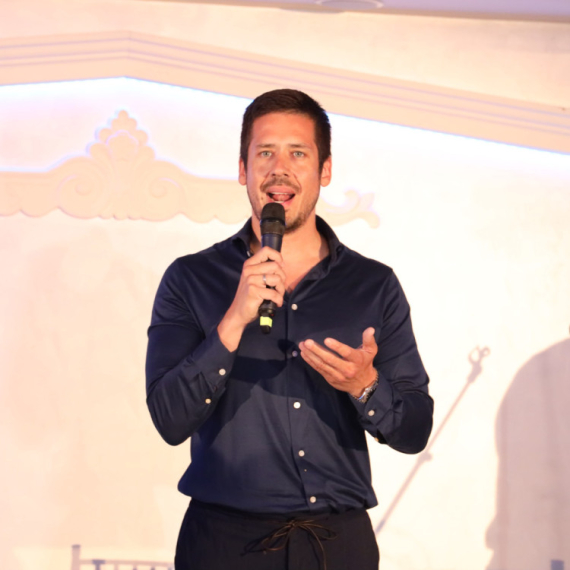
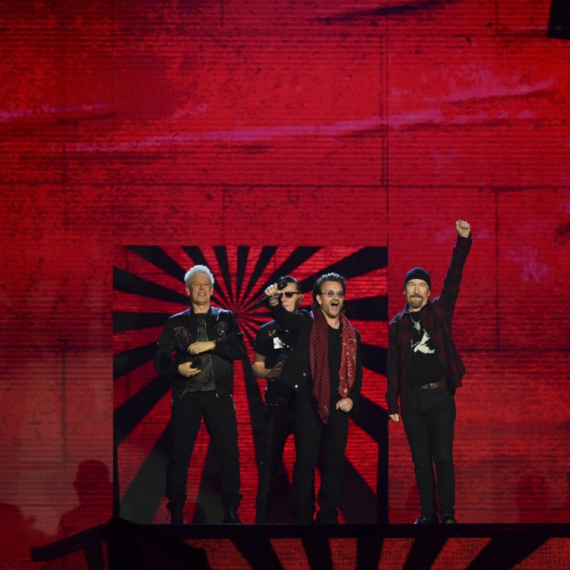

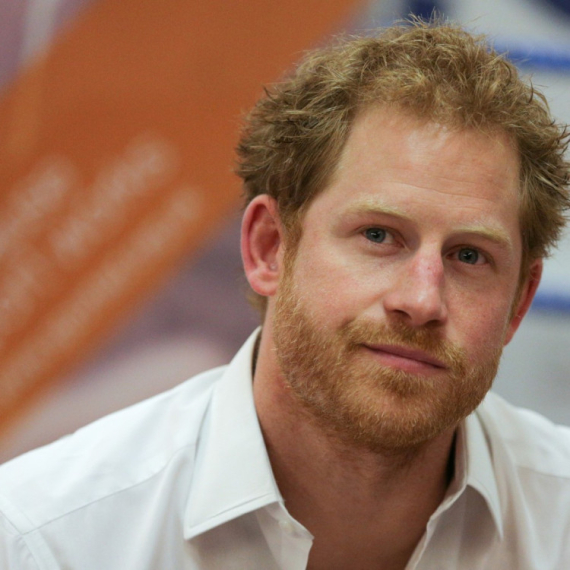





















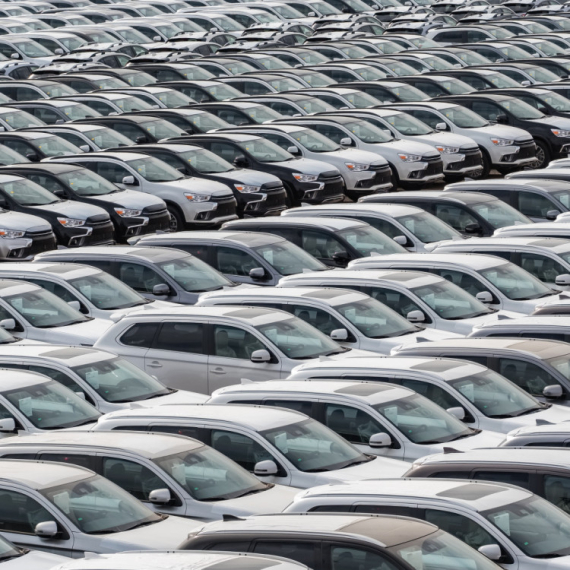




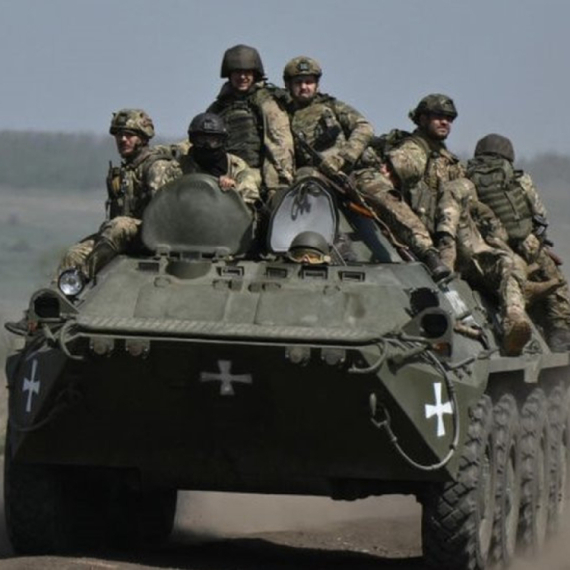
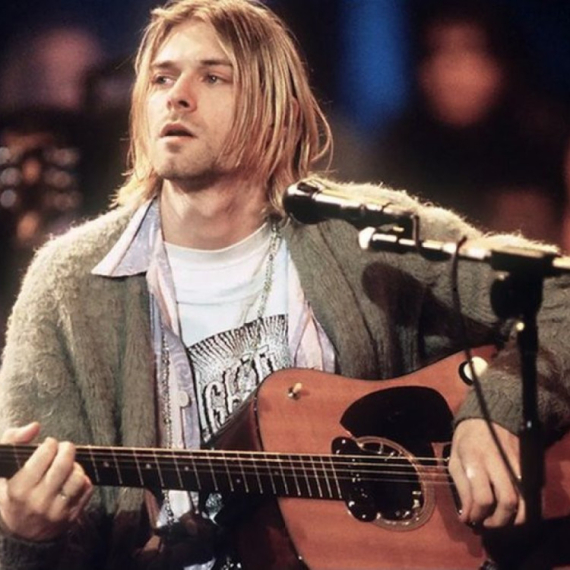
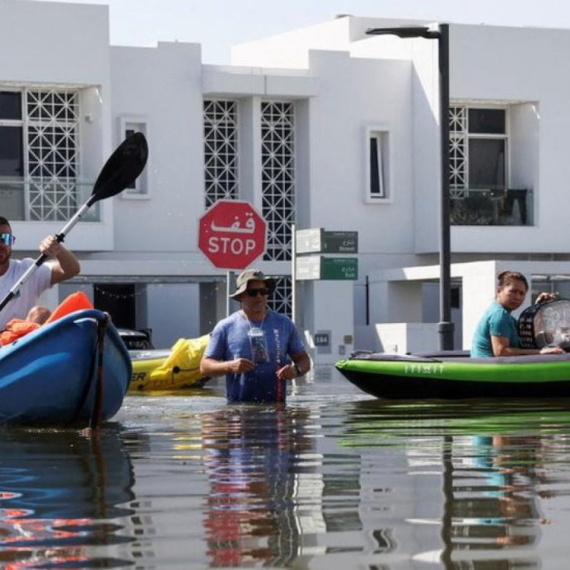



Komentari 0